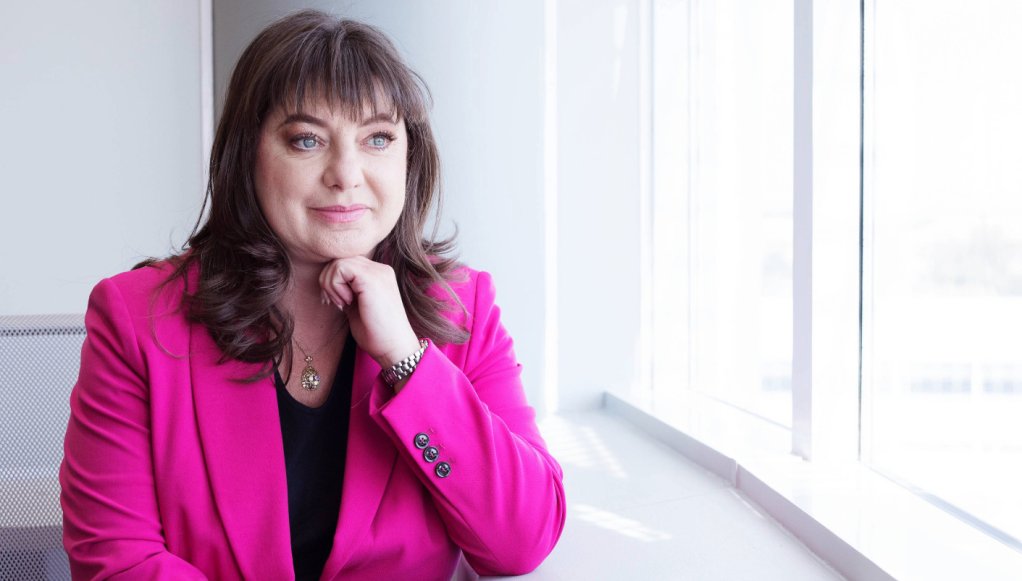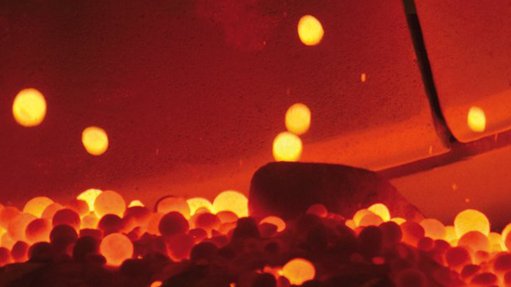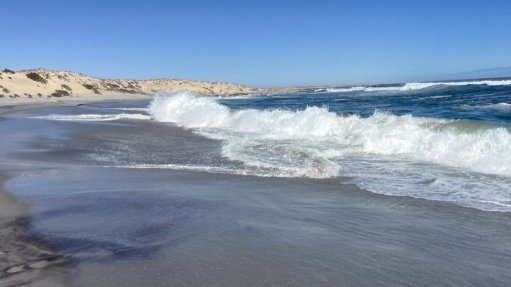Bilateral communication alleviates operating concerns


SABINE DALL'OMO Most German investment comes from privately-owned, medium-sized enterprises
While medium-sized German companies investing and operating in South Africa often face unique challenges, bilateral communication ensures hurdles can be addressed, further supporting the relationship between both countries, says German technology conglomerate Siemens sub-Saharan Africa CEO Sabine Dall’Omo.
Despite major German companies such as Siemens and automotive manufacturer Volkswagen being well-known entities in South Africa, most German investment comes from privately-owned, medium-sized enterprises, says Dall’Omo.
A significant concern is South Africa’s black economic empowerment (BEE), which requires local shareholding. She explains that many German companies are privately-owned and are reluctant to dilute ownership, largely owing to the need to protect intellectual property and retain control over the business.
Despite these concerns, she emphasises that most German businesses understand and support the broader goal of transformation in South Africa.
Additionally, companies can achieve a high rating by focusing on other areas, such as skills development, enterprise development and developing local supply chains, to compensate for not meeting the shareholding target.
While noting that these can be particularly demanding for medium-sized enterprises with limited resources, Dall’Omo explains that performing well in these categories can ensure companies remain compliant.
Bilateral Commission
Despite these concerns, the bilateral relationship between Germany and South Africa remains strong, aided by the yearly Bilateral Commission – a forum hosted by Germany’s Ministry for Economic and Climate Affairs and South Africa’s Department of Trade, Industry and Competition.
The commission provides a structured platform where both governments, business associations and companies can identify and address trade barriers and other business concerns from both countries, says Dall’Omo.
A recent example is the EU’s Carbon Border Adjustment Mechanism (CBAM), where stakeholder dialogue led “to the understanding for some needed” adjustments to CBAM’s requirements.
“We are fortunate to have this mechanism. It helps prevent misunderstandings and allows us to resolve topics on a scheduled agenda,” she says.
She emphasises that lack of productive conversations can result in assumptions, which in turn leads to problems and, therefore, transparency is key.
Infrastructure Investment and Future Needs
Germany’s support for South Africa also comes through development institutions such as development agency Deutsche Gesellschaft für Internationale Zusammenarbeit, or GIZ, and the German Development Bank, which invest in transport, energy, water, health and education infrastructure, particularly in underdeveloped areas.
Among the most significant recent developments is the Just Energy Transition Partnership (JETP), through which Germany – along with France, the UK, the EU and, before its withdrawal, the US – has pledged $8.5-billion to support South Africa’s shift from coal to renewable energy.
Looking to the future, Dall’Omo advocates for continued emphasis on climate change mitigation, greater investment in water infrastructure and support for South Africa’s industrialisation—particularly in digital technologies.
“Energy can often be decentralised—businesses can install their own solar—but water is a different story. It’s a finite resource, and managing it well is vital for economic activity,” she says.
Further, she highlights the need for greater investment into the industrialisation of South Africa, particular in digital transformation and new technologies, to enable South Africa’s becoming more competitive.
Dall’Omo remains cautiously optimistic about the potential for deeper collaboration — if both nations maintain open dialogue and shared commitment to progress.
Article Enquiry
Email Article
Save Article
Feedback
To advertise email advertising@creamermedia.co.za or click here
Press Office
Announcements
What's On
Subscribe to improve your user experience...
Option 1 (equivalent of R125 a month):
Receive a weekly copy of Creamer Media's Engineering News & Mining Weekly magazine
(print copy for those in South Africa and e-magazine for those outside of South Africa)
Receive daily email newsletters
Access to full search results
Access archive of magazine back copies
Access to Projects in Progress
Access to ONE Research Report of your choice in PDF format
Option 2 (equivalent of R375 a month):
All benefits from Option 1
PLUS
Access to Creamer Media's Research Channel Africa for ALL Research Reports, in PDF format, on various industrial and mining sectors
including Electricity; Water; Energy Transition; Hydrogen; Roads, Rail and Ports; Coal; Gold; Platinum; Battery Metals; etc.
Already a subscriber?
Forgotten your password?
Receive weekly copy of Creamer Media's Engineering News & Mining Weekly magazine (print copy for those in South Africa and e-magazine for those outside of South Africa)
➕
Recieve daily email newsletters
➕
Access to full search results
➕
Access archive of magazine back copies
➕
Access to Projects in Progress
➕
Access to ONE Research Report of your choice in PDF format
RESEARCH CHANNEL AFRICA
R4500 (equivalent of R375 a month)
SUBSCRIBEAll benefits from Option 1
➕
Access to Creamer Media's Research Channel Africa for ALL Research Reports on various industrial and mining sectors, in PDF format, including on:
Electricity
➕
Water
➕
Energy Transition
➕
Hydrogen
➕
Roads, Rail and Ports
➕
Coal
➕
Gold
➕
Platinum
➕
Battery Metals
➕
etc.
Receive all benefits from Option 1 or Option 2 delivered to numerous people at your company
➕
Multiple User names and Passwords for simultaneous log-ins
➕
Intranet integration access to all in your organisation



















